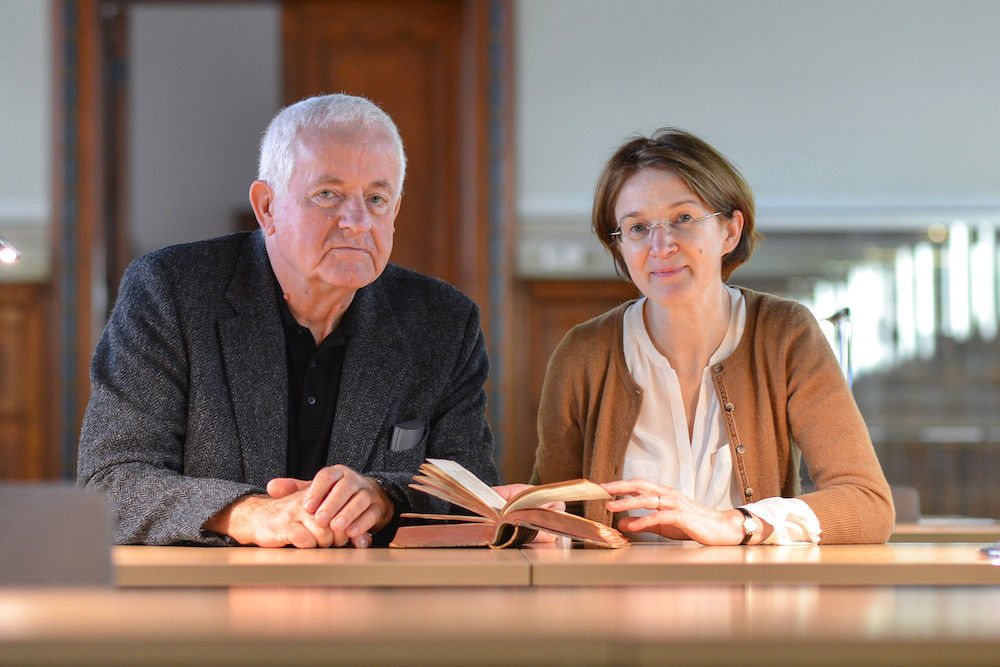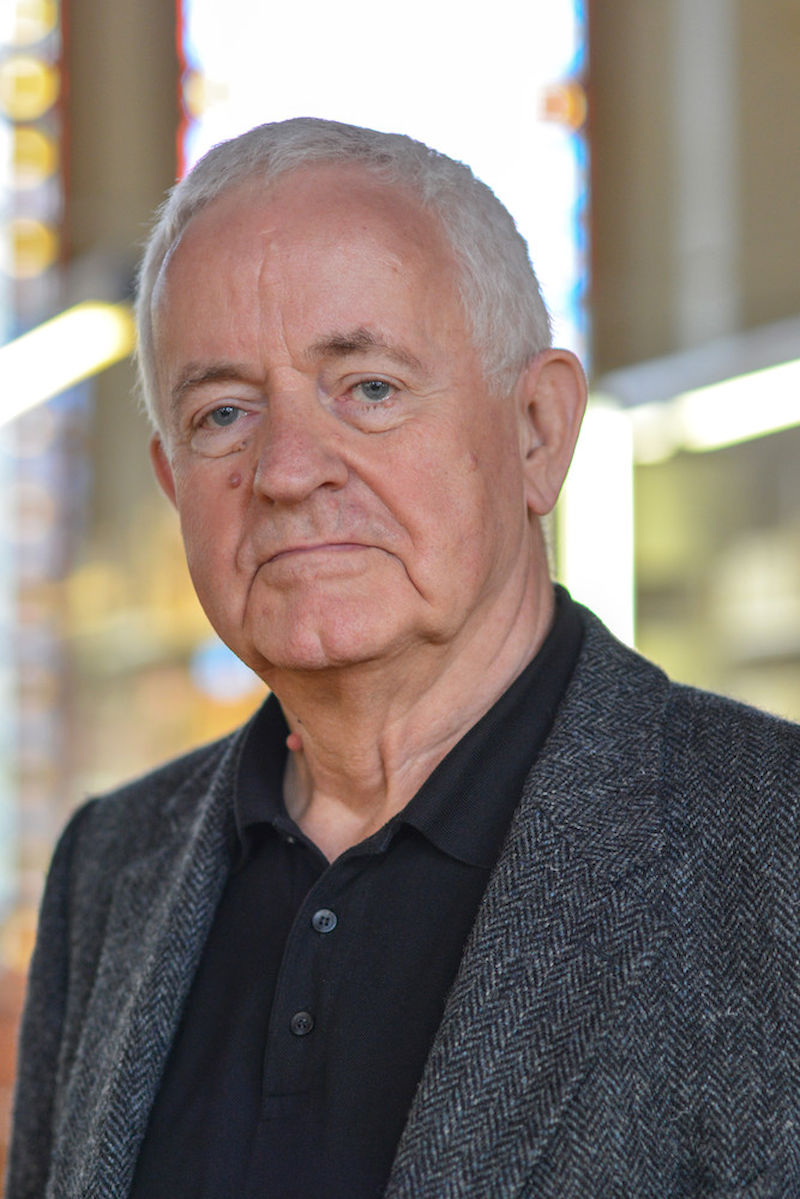Sulzer – the unknown philosopher

Hans Adler is one of the world’s leading experts in 18th century literature and has been studying the history of the Enlightenment for many years. The renowned German studies scholar received the Humboldt Research Award of the Alexander von Humboldt Foundation in 2016 in recognition of his research achievements to date. The award is endowed with 60,000 euros. Adler plans to use this money to fund several research stays at the University of Halle’s Interdisciplinary Centre for European Enlightenment Studies (IZEA) to further his work on the complete edition of Sulzer’s works.
In contrast to many other authors of his day, Sulzer attempted to add a sensual dimension to the concept of the Enlightenment. “The Enlightenment has been too narrowly defined as a purely rational concept,” says Hans Adler. “But Sulzer knew that reason and intellect were not everything.” He advocated a holistic approach to education that focuses on aesthetics and the senses as well as rational thinking, as he believed that a broad-based education of this kind is essential in enabling people to develop into enlightened individuals. To this end, the philosopher also studied religion, poetry and education. Sulzer’s works also included travel reports, testimonies and extensive correspondence which he maintained with numerous academics and writers for more than 30 years.
The two scholars now want to collect all these works, and edit, annotate and categorise them in order to make them available to other researchers. This is an arduous project requiring painstaking attention to detail: “It really involves checking every comma. After all, our work will serve as a reference for all further work on Sulzer,” says Elisabeth Décultot.
The first volume of the edition – Sulzer’s overview of the current status of science, entitled “A Concise Notion of All Sciences and Other Aspects of Learning” – was already published in 2014. The other nine volumes will be published in quick succession in cooperation with an international team of editors.
Adler and Décultot hope their publications will give new momentum to the debate on the Enlightenment. They emphasise that it is not about rehabilitating Sulzer or to present him as a lost hero of the Enlightenment. But Adler is convinced that Sulzer’s ideas have much to contribute: “Our modern-day society is based on the foundations of the Enlightenment. If we continue to use the term Enlightenment in a too narrow sense, this is bound to lead to problems.” For this reason, a comprehensive understanding is needed of what makes for an enlightened, responsible individual.

